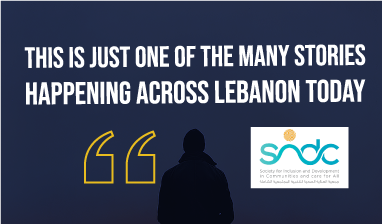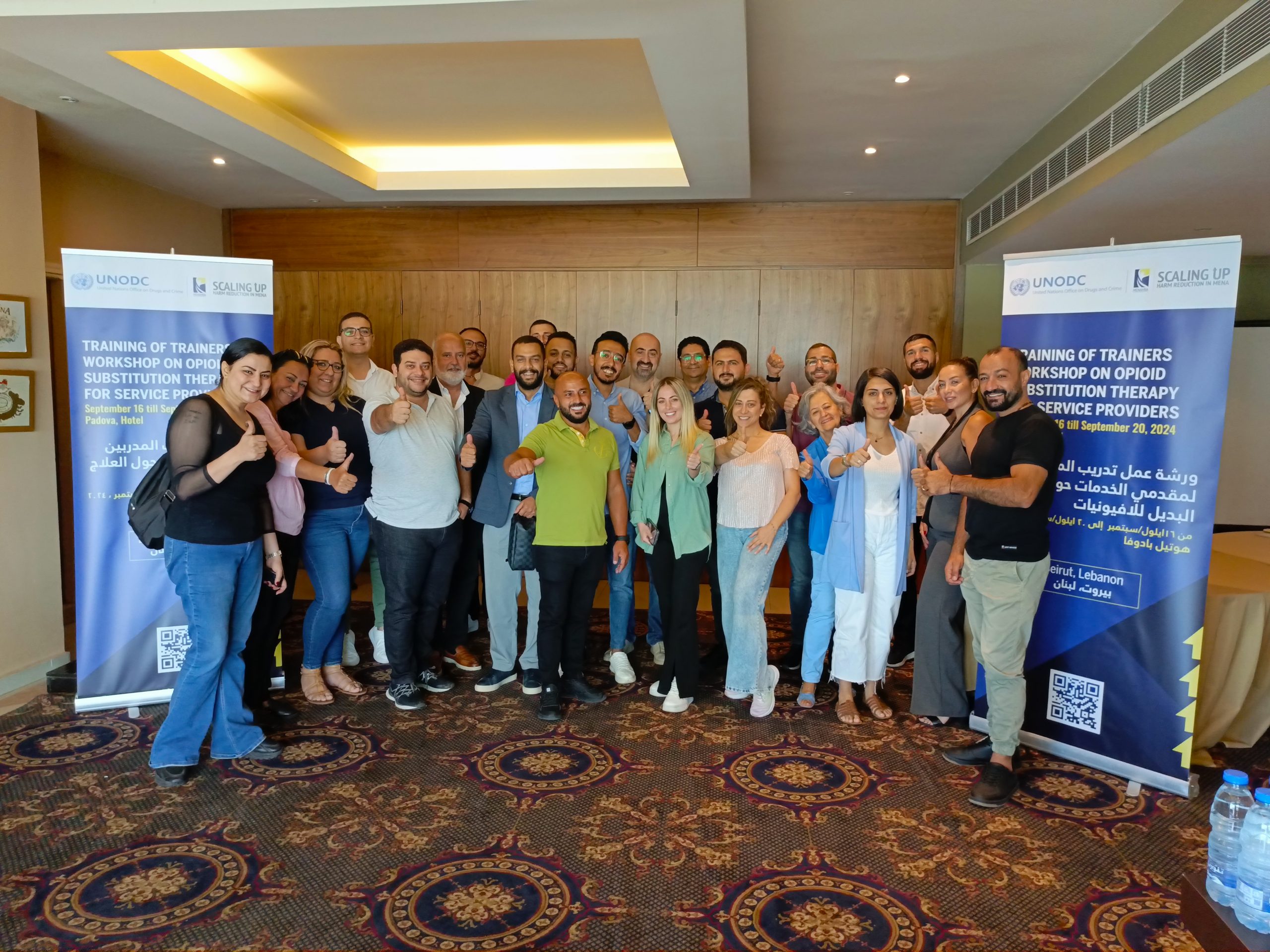The MENA region, which includes Arab countries, has lagged other regions in terms of mental health awareness and response. The Covid-19 pandemic generated a momentum for identifying and addressing mental health as a public health priority. In parallel, harm reduction has gained ground, despite traditional resistance, as an acceptable approach to lessen the impact of opiate use on people and communities. Despite relatively few resources countries that have used one or other of the interventions that fall under this umbrella have seen significant benefits in people who live with HIV/AIDS (PWLHIV) and people who use opiates (PUO).
The mental health of these Key Populations (KPs) explicitly is uncommon as a primary designated aim, whether in the form of symptom reduction or general well-being. As a result, in nations in the region where a variety of harm reduction services or campaigns have been active, the topic of mental health and psychological well-being merits additional exploration. They include Egypt, Jordan, Lebanon, Morocco, and Tunisia, the nations selected for this report. This prompted MENAHRA and its associates to investigate the current state of affairs with a view to suggesting implementable recommendations.
The report used two different strategies. Initially, using freely accessible scientific resources, a scoping review of the literature on the topic was conducted. Second, a participative component using semi-structured interviews with Key Informants (KIs) in the 5 designated countries using snowball sampling starting with pre-identified individuals and organizations directly involved in the fields of advocacy, clinical care, policy, service development, and provision. An initial reading of transcripts allowed the development of a preliminary list of emerging themes. The themes highlighted were perceptions on mental health, current factors contributing to the success of delivery of mental health services to KPs, causes and risk factors of mental health, mental health needs among KPs, impact of lack of mental health services on KPs.
The report demonstrates a sizable mental health burden for KPs particularly people with drug use disorders, specifically those with opiate use disorders, and People Living with HIV (PLHIV). This burden is exacerbated by cost, stigma, and a lack of skilled labor. In all five nations, stigma seems to be the major contributor to psychological burden. KPs suffer from being stigmatized by family members, society, and most commonly Health Care Providers (HCPs). More efforts are needed to socially integrate KPs at household/community/medical services level.
Again, across all nations, lack of availability or affordability of care comes in second. The lack of a network of specialized centers, primary care physicians’ understanding of substance use disorders (SUD), and their involvement in prevention and treatment are further factors that affect service accessibility in both the public and private sectors. Regardless of whether they are designated as service users or service providers, KIs are generally in agreement about the need for and the best course of action for providing adequate care. For effective delivery of services, HCPs must receive constant training in order to collaborate with KPs. Additionally, for KPs who are in desperate need yet unable to pay for them, KIs pushed for the need of free mental health care.






